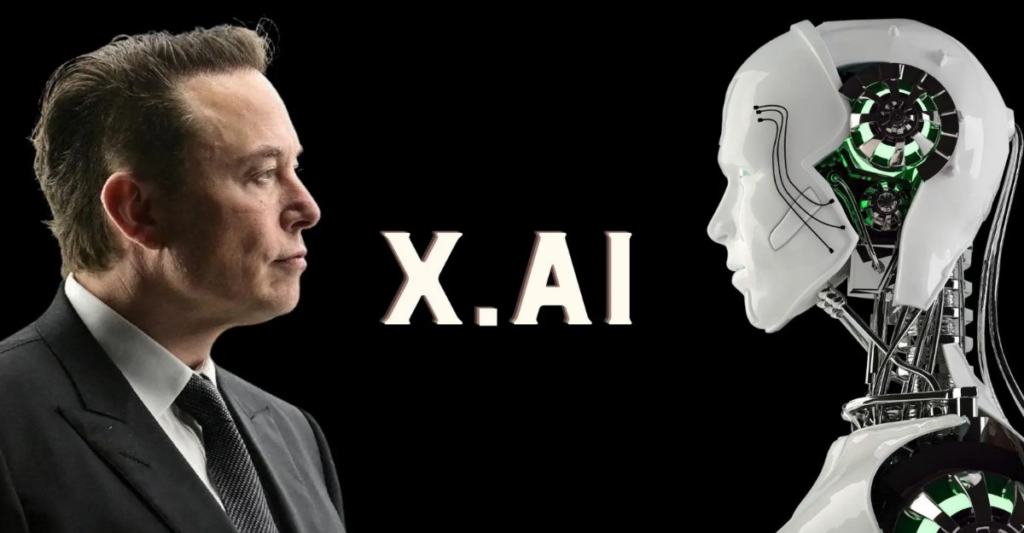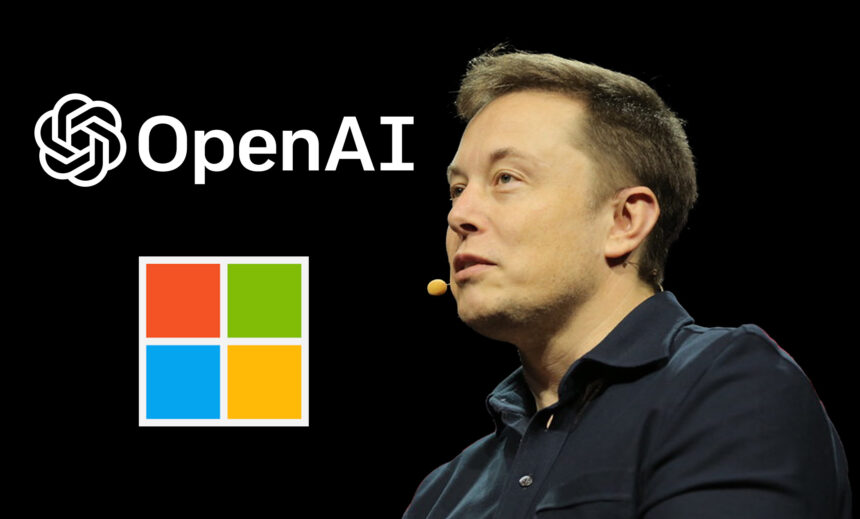A Dive into Musk vs. OpenAI
What’s Happening & Why This Matters
In a turn of events that feels plucked straight from a tech thriller, Elon Musk, the visionary behind Tesla and SpaceX, has launched a legal battle against OpenAI, the brains behind the AI sensation, ChatGPT. Musk is claiming that OpenAI, which he co-founded back in 2015, has strayed from its original non-profit path, teaming up with Microsoft in a $13 billion deal and opting to keep the code of its latest AI creations under wraps. This lawsuit, filed in California, is not just about settling scores; it’s a fundamental question about the future direction of AI development and the ethical considerations it entails.
The Heart of the Matter
Initially, OpenAI set out as a beacon of hope against the potential dangers artificial intelligence might pose to humanity. The plan was simple: develop AI, but do it transparently and with a moral compass, openly sharing the fruits of their labor. Fast forward to 2019, and the script flipped with the formation of OpenAI LP, a for-profit arm that arguably shifted the company’s trajectory towards valuation over vision.
Musk’s grievance isn’t just with OpenAI’s pivot but how it allegedly breaches the company’s founding principles. He’s thrown down the gauntlet, demanding a jury trial and restitution of profits earned from what he sees as a betrayal of OpenAI’s core mission.

The Microsoft Connection
The lawsuit shines a spotlight on Microsoft’s deepening ties with OpenAI, suggesting a transformation of the AI innovator into a “closed-source, de facto subsidiary” of the tech giant. Musk’s history with Microsoft is complex, marked by previous threats of legal action over content sharing concerns. This lawsuit extends the narrative, questioning the influence and intentions behind Microsoft’s partnership with OpenAI.
t/f Summary: Looking Forward
Elon Musk’s lawsuit against OpenAI marks a pivotal moment in the AI saga, underscoring a clash between idealism and commercialism. As the case unfolds, it prompts a broader conversation about the stewardship of AI technology—can we harness its potential while staying true to the ethical guardrails initially set out?
The outcome of this legal skirmish could set precedents for how AI ventures navigate the fine line between innovation and integrity. Whatever the verdict, one thing is clear: the AI landscape is at a crossroads, and the direction it takes will resonate far beyond the courtroom. As we watch this drama unfold, the tech community and the public alike await with bated breath, hoping for a future where AI serves humanity’s best interests, guided by transparency and ethical governance.


